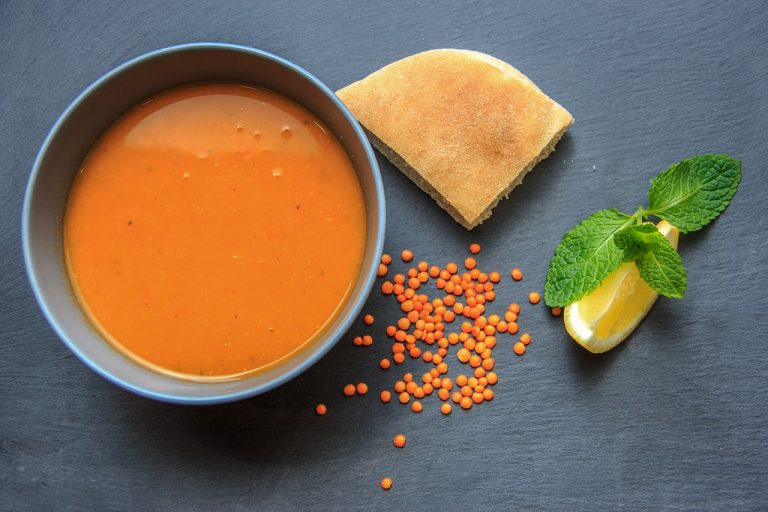“On The Future Of Food” by HRH The Prince of Wales
On 4th May 2011 HRH The Prince of Wales delivered a keynote speech entitled “On The Future Of Food” at Georgetown University in Washington. The speech was an impassioned, rallying call about sustainable food production, its past, present and future.
He detailed in a very objective, calm and scientific way how important it was for the future of humanity and the planet that sustainable food production be placed at the centre of a global agenda. With the United Nations Food and Agriculture Organization estimating that demand for food will rise 70% between now and 2050, with 219 000 new mouths to feed every day globally, the speech addressed the need for agriculture, industry and consumers to recalibrate their approach.
In the audience was Laurie David, the producer responsible for Al Gore’s “An Inconvenient Truth” film, who felt that the message of this speech needed to go further and wider than the confines of that lecture hall or the You Tube video that was uploaded after the event. Laurie collaborated with Patrick Holden CBE of the Sustainable Food Trust, GRACE Communications Foundation and Rodale Books to publish its content.
The resulting book is a slim, beautifully presented volume less than 50 pages, including a Foreword by Wendell Berry and an Afterword by Will Allen and Eric Schlosser. It would take you less than half an hour to read it from cover to cover and it’s price on Amazon is now less than £5.
After three decades of experience in organic horticulture and farming, The Prince points out the main challenges that surround feeding the world: soil depletion, high demand for water, fluctuating oil prices, dependency on fossil fuels and declining biodiversity.
“In a global ecosystem that is, to say the least, under stress, our apparently unbridled demands for energy, land and water put overwhelming pressure on our food systems. I am not alone in thinking that the current model is simply not durable in the long term. It is not “keeping everything going continuously” and it is therefore not sustainable.”
A sustainable form of agriculture is one which does not exceed the carrying capacity of its local ecosystem.
“Topsoil is the cornerstone of the prosperity of nations.”
To ensure the soil’s fertility is the key to good farming and recycling as much of the earth’s resources as possible back into the land are imperative to its health and vitality. A United Nations report, conducted in 2008, entitled “International Assessment of Agricultural Knowledge, Science and Technology for Development”, drew on evidence from more than 400 scientists worldwide and concluded that
“…small scale, family based farming systems, adopting so-called agro-ecological approaches, were among the most productive systems in developing countries. This was a major study and a very explicit statement. And yet, for some reason, the conclusions of this exhaustive report seem to have vanished without trace.”
To add ballast to his argument, The Prince pointed to the main anomalies that currently exist in the food system: 40% of food purchased in the developed world is wasted every year, 40% of food in the developing world is lost between farm and market owing to bad storage and primary polluters are not penalised and organic producers not remunerated sufficiently for good environmental practices.
From micro to macro-economics, this book shines a revealing light on tangible, resilient solutions to current food security fears: precision irrigation and water-catchment systems, funding focussed on strengthening environmental diversity, more dependence on local food production, penalties for toxic waste, private and public organizations working in partnership to promote sustainable food sources and antibiotics only used to treat illnesses on animals which are grass, and not grain fed, to name but a few.
We should all read this book and encourage others to do so too, because a reversal of the status quo is still possible and within the grasp of our generation.
“I have no intention of being confronted by my grandchildren, demanding to know why on Earth we didn’t do something about the many problems that existed when we knew what was going wrong.” HRH The Prince of Wales
Further information and reading
On the Future of Food website: www.onthefutureoffood.org
Follow The Prince of Wales on Twitter: @ClarenceHouse
Rodale Books: www.rodalebooks.com Twitter: @rodalebooks
Laurie David: www.lauriedavid.com Twitter: @Laurie_David
Patrick Holden CBE: www.sustainablefoodtrust.org Twitter: @SusFoodTrust
GRACE Communications Foundation: www.gracelinks.org

